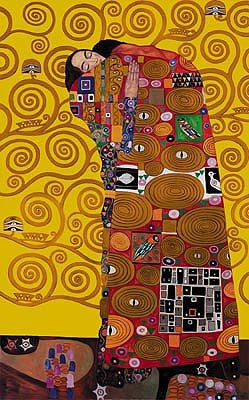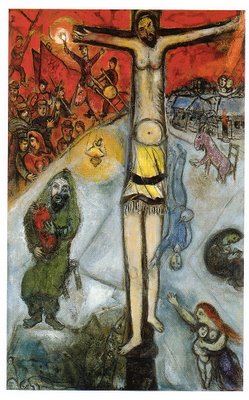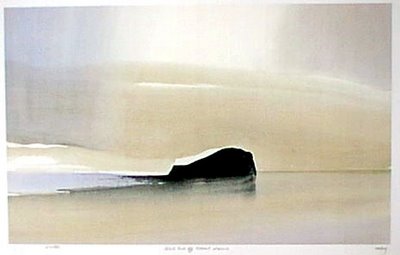 I thank you that you have answered me and have become my salvation. The stone that the builders rejected has become the chief cornerstone. This is the Lord’s doing; it is marvellous in our eyes. This is the day that the Lord has made; let us rejoice and be glad in it. Save us, we beseech you, O Lord! O Lord, we beseech you, give us success!
I thank you that you have answered me and have become my salvation. The stone that the builders rejected has become the chief cornerstone. This is the Lord’s doing; it is marvellous in our eyes. This is the day that the Lord has made; let us rejoice and be glad in it. Save us, we beseech you, O Lord! O Lord, we beseech you, give us success! (Psalm 118: 21-25)
Each day is made by God. Each day is worth our rejoicing. Especially this Easter Day.
Each day offers a new beginning. Each new day allows for putting behind us the failures of the past.
Yesterday we may have been consumed with doubt, fear, and hate. This day we can choose to be faithful, courageous and loving.
Psalm 118 is a song of praise. The psalmist recognizes that the love of God has saved him. He has come through a difficult time exalting in his dependence on God.
"Give us success!" seems a very self-serving prayer to insert in the midst of thanksgiving and praise. This success -
tsalach - is primarily material, financial, and of this world. Especially on Easter Sunday I am uncomfortable with this being the arguable climax of the song.
Tsalach also implies making progress, advancing, and in some obscure cases to rush forward. I could try to make a case that the psalmist is seeking spiritual success. But this would be a twisting of context and meaning.
Much of our life is given over to pursuing success. This pursuit too often distracts from our relationship with God. The psalmist reminds us to bring everything into the relationship.
Most of us recognize the crucial difference between a substantive success and a meaningless success. We might welcome winning the lottery. But we would really rather make daily progress in becoming more faithful, more courageous, and more loving.
There is no essential conflict between the spiritual and material if we bring everything into our relationship with God. In Jesus we have been given a model of the wholly human and wholly divine fully resolved.
Fundamental to orthodox teaching is that Jesus was resurrected in body and spirit: proclaiming the divine origins and purpose of all aspects of creation.
Dearest God thank you for the example of Jesus. Help us to dedicate every aspect of our lives to our original purposes and your loving intention. Help us to bind up the wounds that separate us from one another and from you. Help us to make whole each of our own lives. Help us to find the faith, courage, and love to make the world whole. Give us success.
Above is Resurrection by Vijay Felix DCosta.











